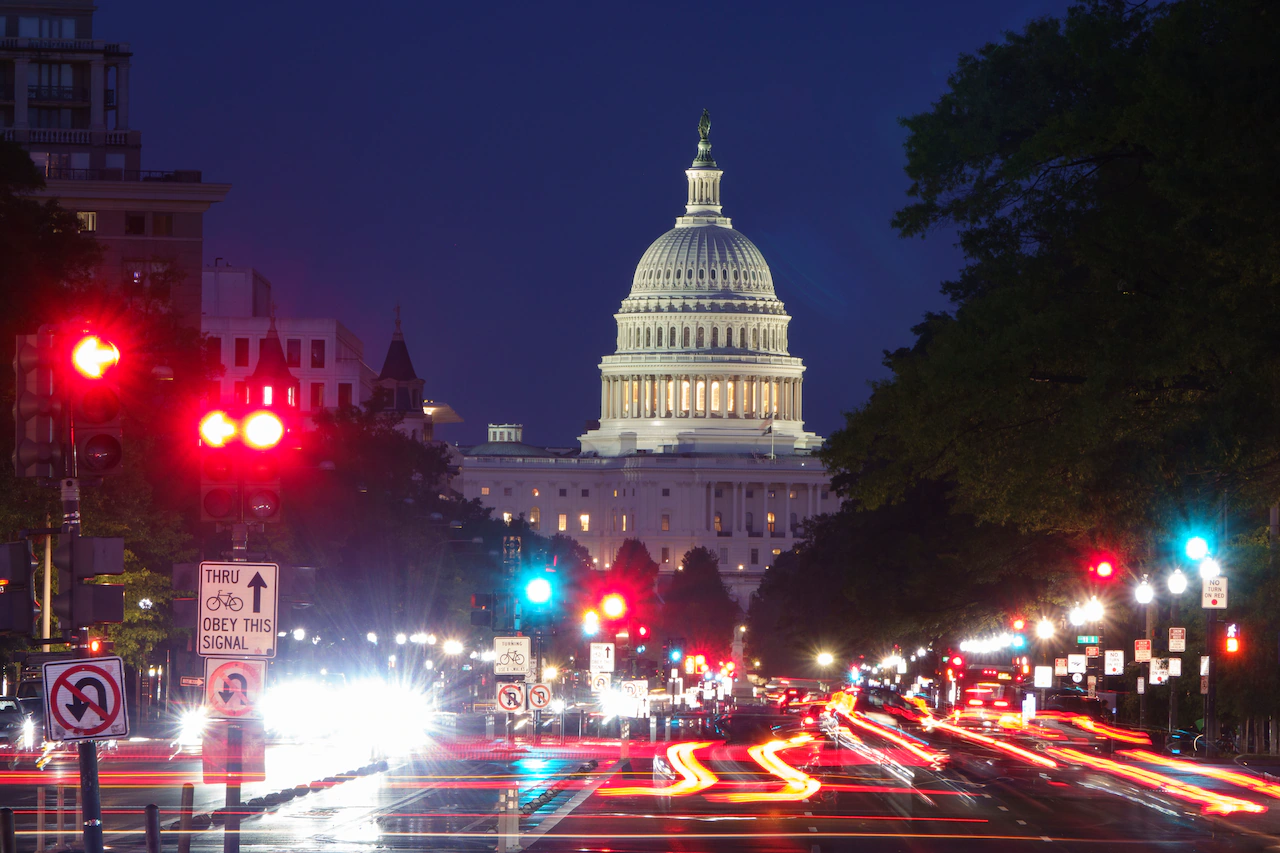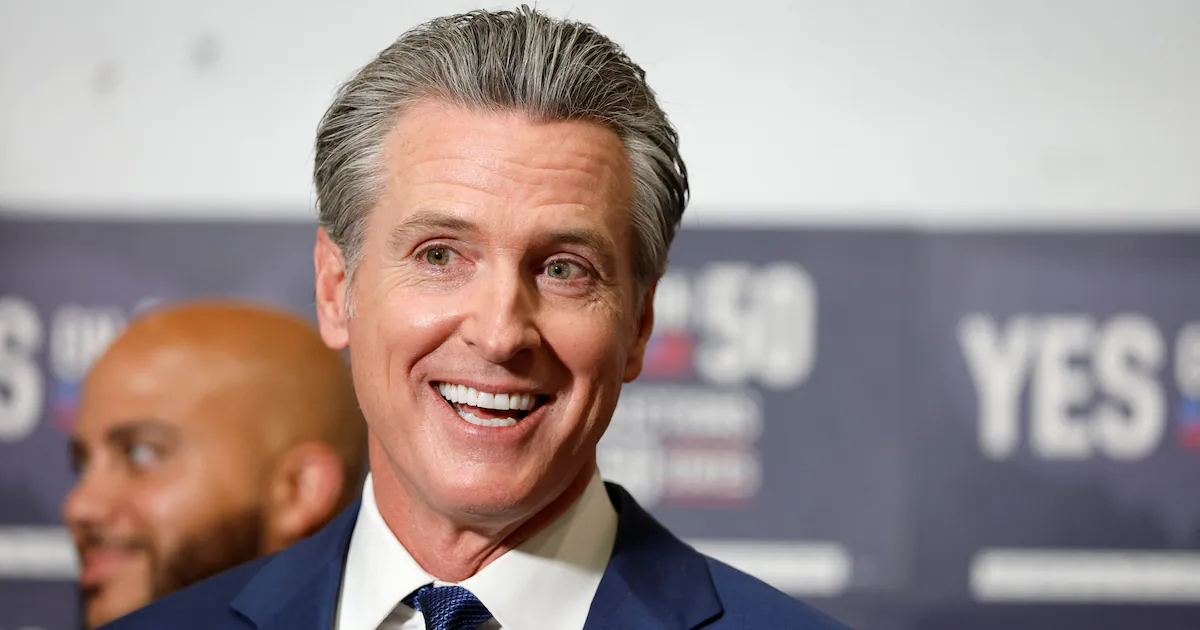
Nearly half a million Pennsylvanians are on track to see their health insurance premiums double, triple, or even quintuple in price starting next year – and it remains unclear if there’s the political will in Washington to address it.
The federal government’s 2021 COVID relief legislation created extra tax subsidies for health plans purchased through Affordable Care Act (ACA) insurance exchanges, cutting patients’ monthly costs and keeping them low through the pandemic.
But as PennLive reported last year, the enhanced healthcare assistance will abruptly go away in January unless Congress acts within the next few weeks to extend it.
The issue has now become wrapped up in negotiations to pass a federal budget extension and avoid a government shutdown. [A meeting between President Trump and Congressional leaders that ended late Monday afternoon led to no agreement with a shutdown one day away.]
Most Democrats have said they’re willing to withhold their votes and risk a shutdown in order to stabilize insurance markets — although this notably does not include Pennsylvania’s Democratic Senator, John Fetterman.
Conversely, hardline conservatives have suggested they won’t vote for anything that keeps the expanded subsidies alive. In an op-ed over the weekend, the House Freedom Caucus — of which Harrisburg-area Rep. Scott Perry is a prominent member – said the subsidies have “distorted” insurance prices and are standing in the way of free markets.
In a radio interview earlier this month, Pennsylvania Insurance Commissioner Michael Humphreys described the anticipated subsidy losses as part of a “perfect storm” that will lead to higher costs and losses of coverage.
Under the ACA — popularly known as “Obamacare” after the former president who signed it into law — residents who don’t qualify for Medicare or Medicaid, and who don’t receive health coverage through their employer, can purchase subsidized insurance plans through a brokerage run by their state.
In Pennsylvania, this system is called Pennie, which enrolled nearly half-a-million commonwealth residents this year, according to agency data.
Roughly 90% of them receive some type of subsidy. Per the ACA, this is calculated by capping the portion of household income an individual or family must pay in health insurance premiums, with the remainder of the cost picked up by federal tax credits that are paid forward and then reconciled every April.
Not only did the 2021 COVID stimulus bill lower the premium caps for every income bracket, it also extended assistance to households making more than 400% of the federal poverty line, which had been the cutoff point for subsidies under the original Obamacare rules. For the last four years, households making over 400% of the poverty line — about $84,000 per year for a family of two — had their premiums capped at 8.5% of their income.
Without an extension, the 400% cliff would go back into effect. The average 60-year-old couple making just over the cutoff would see the price of a mid-tier Obamacare plan balloon five-fold to nearly $3,000 per month, according to Pennie estimates.
This is in addition to the overall rise in healthcare costs that have caused insurers to raise rates. Insurance companies that participate in Pennie are asking for a 19% increase, on average, in the premiums for their Obamacare plans in 2026.
As Humphreys noted, rising costs and declining subsidies cause a spiraling effect in which healthier Pennsylvanians choose to simply forego insurance due to the expense, leaving the remaining patient pool less healthy on average and placing further upward pressure on rates.
The additional subsidies were explicitly excluded from Trump’s “One, Big Beautiful Bill” that was passed in July. The bill also changed how the ACA benchmarks plans’ benefits, increasing deductibles and out-of-pocket costs.
How much of these cuts Trump may be willing to add back in order to forestall a shutdown remains unclear. The July fiscal deal will increase the federal deficit by $3.4 trillion over ten years — a number which would’ve been even higher if not for $174 billion in savings from changing the Obamacare benchmarking, according to the Joint Committee on Taxation.
This will cause aggregate taxes for the lowest-income Americans to actually increase as a result of Trump’s signature tax-cutting bill, according to JCT estimates.
Democrats have offered legislation that would fund the federal government through Oct. 31 in exchange for extending the extra ACA subsidies and reversing some of the Medicaid cuts that were made in July, according to the Washington Post. Trump described those demands as “unserious and ridiculous” last week.
Likewise, in their op-ed, Perry and other Freedom Caucus members said the ACA subsidies “camouflage skyrocketing premiums without addressing the root causes of the healthcare affordability crisis” — although this hypothetical alternate path forward remains murky after Republicans failed to come to an agreement on an Obamacare replacement during Trump’s first term.
Fetterman is the only Democratic Senator who has supported a budget continuance without any ACA provisions, saying that— while he supports extending the subsidies — he does not believe that shutdown brinksmanship will be overall helpful.
“I am unwilling to vote to shut down our government and unleash massive, national chaos,” Fetterman said in a statement earlier this month.
Federal spending authority ends Tuesday night, leaving Trump and Congressional leaders only 24 hours to finalize a deal after Monday’s meeting, which looks increasingly unlikely with no breakthroughs being reported.



